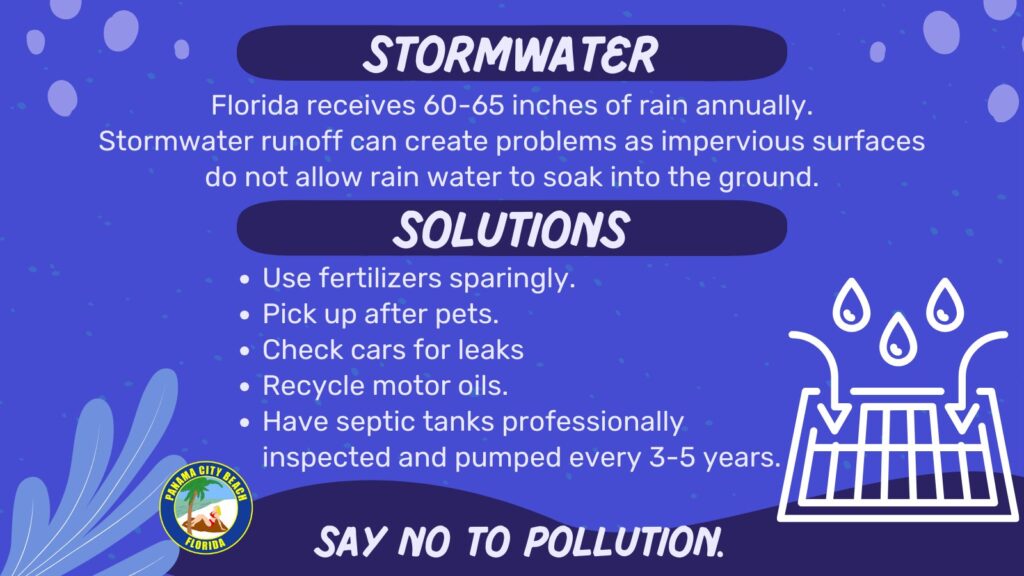Motor oil is a vital component in keeping our vehicles running smoothly, but it also poses a serious threat to the environment. The improper disposal of motor oil can have damaging effects on the ecosystem, wildlife, and even human health. Let’s delve into the reasons why motor oil is bad for the environment and what we can do to mitigate its impact.
1. Contamination of Soil and Water
One of the primary reasons why motor oil is harmful to the environment is its potential to contaminate soil and water sources. When motor oil is not disposed of properly, it can leak into the ground and pollute the soil. This contamination can have detrimental effects on plant life and disrupt the balance of the ecosystem.
Moreover, motor oil that seeps into the soil can also find its way into water sources such as rivers, lakes, and groundwater. This pollution can harm aquatic life and pose risks to human health if the contaminated water is consumed or used for irrigation.
2. Air Pollution
In addition to soil and water contamination, motor oil can also contribute to air pollution. When motor oil is burned in engines, it releases harmful emissions such as carbon monoxide, nitrogen oxides, and volatile organic compounds. These pollutants can contribute to smog formation and have adverse effects on air quality.
Prolonged exposure to these air pollutants can lead to respiratory problems, exacerbate existing health conditions, and contribute to the overall degradation of the environment.
3. Impact on Wildlife
The improper disposal of motor oil can have a devastating impact on wildlife. Animals that come into contact with contaminated soil or water may suffer from poisoning or physical harm. Oil-coated feathers can impair birds’ ability to fly, while ingestion of oil can lead to internal injuries and even death.
Marine life is particularly vulnerable to the effects of motor oil pollution. Oil spills in oceans and water bodies can coat marine animals, disrupt their natural behaviors, and devastate entire ecosystems. The long-term consequences of oil contamination on wildlife populations can be severe and irreversible.

Credit: www.weforum.org
4. Long-Term Environmental Damage
Motor oil is a persistent pollutant that can linger in the environment for years if not properly cleaned up. The toxic components of motor oil can accumulate in the soil, water, and air, leading to long-term environmental damage. Even small quantities of motor oil can have far-reaching consequences on the ecosystem.
Furthermore, the process of cleaning up oil spills and contaminated sites can be costly and challenging. The environmental restoration efforts required to mitigate the impact of motor oil pollution often involve complex procedures and specialized equipment.
5. Lack of Proper Disposal Practices
One of the main reasons why motor oil continues to be a threat to the environment is the lack of proper disposal practices. Many individuals and businesses do not follow guidelines for recycling or disposing of motor oil safely, leading to widespread pollution and environmental degradation.
Improper disposal methods such as dumping motor oil down storm drains, pouring it onto the ground, or mixing it with household waste contribute to the problem. Educating the public about the importance of recycling used motor oil and providing convenient disposal options can help prevent further damage to the environment.
:max_bytes(150000):strip_icc()/170618006-56a2ad013df78cf77278b423.jpg)
Credit: www.thoughtco.com
6. Solutions and Best Practices
Despite the negative impact of motor oil on the environment, there are steps that can be taken to minimize its harm and promote sustainability. Here are some solutions and best practices to address the issue:
Recycling Used Motor Oil
One of the most effective ways to reduce the environmental impact of motor oil is to recycle used oil. Many auto shops, recycling centers, and waste management facilities accept used motor oil for recycling. By recycling used oil, we can prevent it from ending up in landfills or polluting the environment.
Proper Disposal Methods
It is crucial to follow proper disposal methods when handling motor oil. This includes using designated collection sites, sealing containers tightly to prevent leaks, and avoiding mixing oil with other substances. By disposing of motor oil responsibly, we can prevent contamination and protect the environment.
Supporting Eco-friendly Alternatives
Investing in eco-friendly alternatives to traditional motor oil can also help reduce the environmental impact of vehicle maintenance. Synthetic oils, bio-based lubricants, and other environmentally friendly products offer sustainable options that are less harmful to the environment.
Education And Awareness
Raising awareness about the importance of proper motor oil disposal and the consequences of environmental pollution is essential. Educating the public, businesses, and policymakers about the impact of motor oil on the environment can lead to more sustainable practices and policies.
Regulations And Enforcement
Implementing regulations and enforcing laws related to motor oil disposal can help deter improper practices and hold individuals and businesses accountable for their actions. By establishing clear guidelines and penalties for non-compliance, we can promote responsible behavior and protect the environment.
Conclusion
In conclusion, motor oil is bad for the environment due to its potential to contaminate soil and water, contribute to air pollution, harm wildlife, cause long-term environmental damage, and result from improper disposal practices. By taking proactive measures such as recycling used motor oil, following proper disposal methods, supporting eco-friendly alternatives, promoting education and awareness, and enforcing regulations, we can mitigate the impact of motor oil on the environment and work towards a cleaner, healthier planet for future generations.


